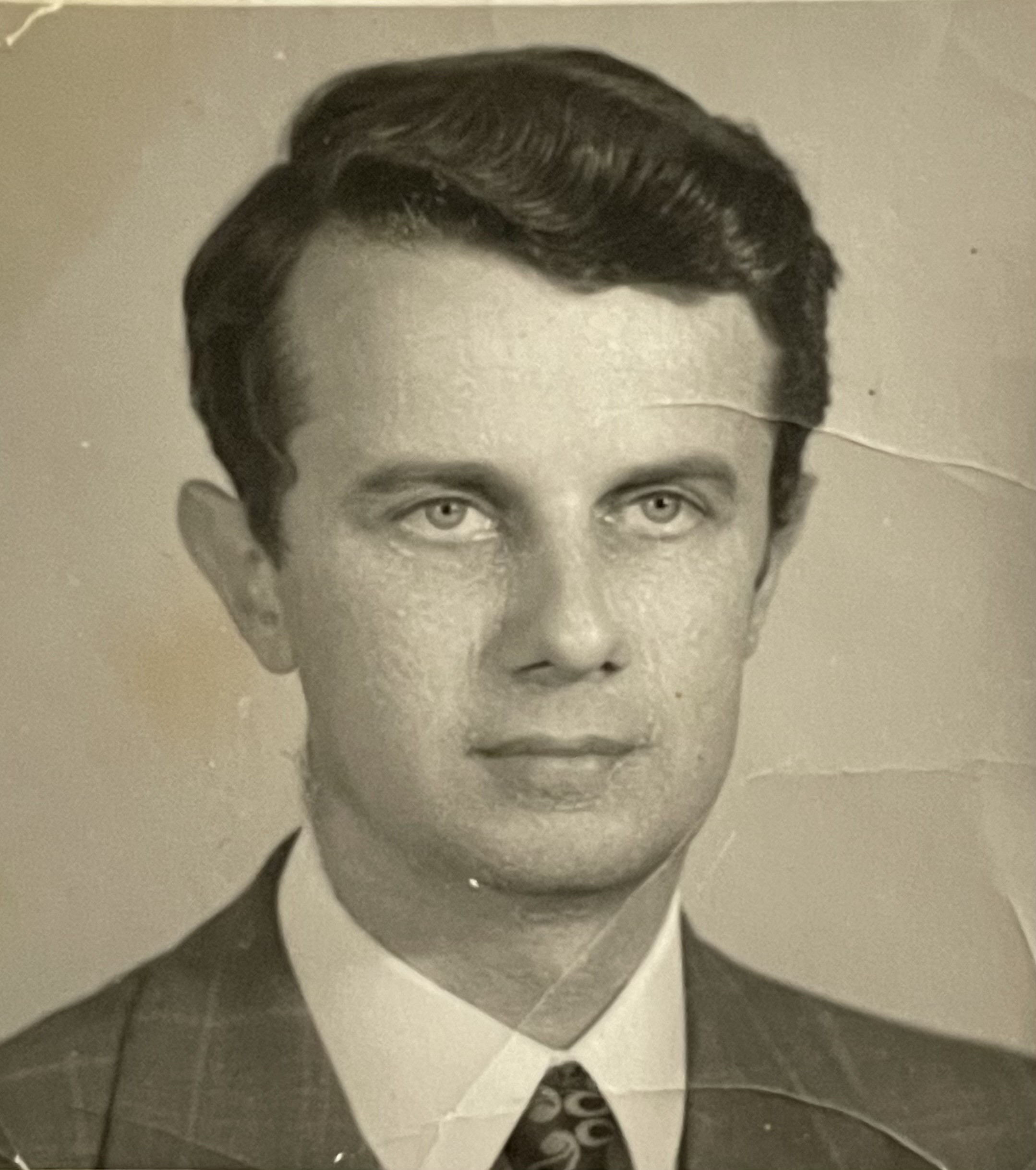No one must be forgotten and nothing must be forgotten. I am thinking of those warriors who fell

Download image
PhDr. Dušan Halaj was born on November 10, 1937 in Strakonice, Czech Republic. His father Ervín came from Detva and worked as the director of a Slovak middle school, his mother Mária from Prachatice, Czech Republic was a teacher, later a housewife. During World War II, they lived in Gelnica, Dušan carried food to the mountains in a backpack. In December 1944, his father was taken prisoner by German soldiers, he managed to escape and come home. Two German prisoners lived in their house. Dušan remembers the mass execution of about twenty prisoners behind their house. Before the end of the war, his father was captured by the liberating troops, they wanted to take him to the gulag. Dušan remembers the Soviet soldiers, they also stayed in their house for a while. After the war, his father was transferred to Medzevo, where Dušan graduated from a middle school, from there he went to study at a gymnasium in Košice and then to a university in Bratislava. He studied history and the Slovak language, and got a job at the Museum in Budatín, where he dealt with recent history. He came into contact with the history of World War II and the SNP, which became his lifelong passion. He searched for objects and people and collected important testimonies of survivors of the Holocaust and World War II. In Budatín, he also experienced the invasion of the Warsaw Pact troops. Later, he went to work at the SNP Museum in Banská Bystrica. During his career, he was mainly devoted to the partisan movement in Slovakia, the work of French partisans in the resistance, and had a rich publishing activity. During his retirement, he continued to write articles and prepare a book about General Jozef Dobrovodský. Dušan Halaj died on May 28, 2025.













